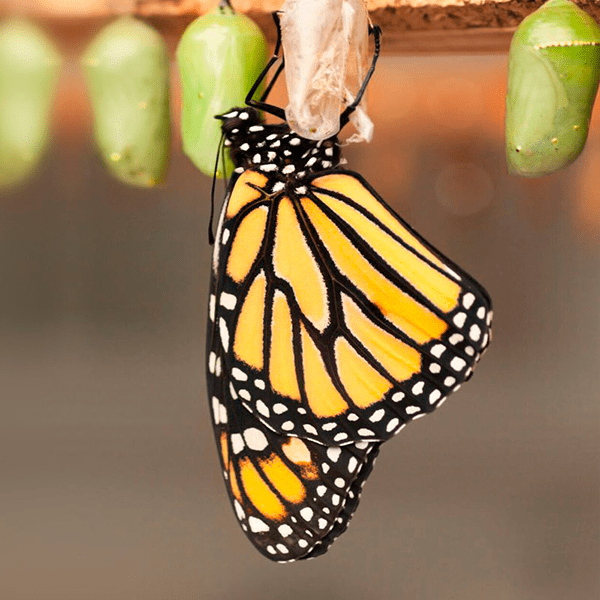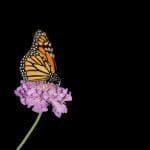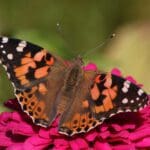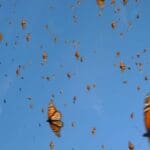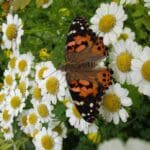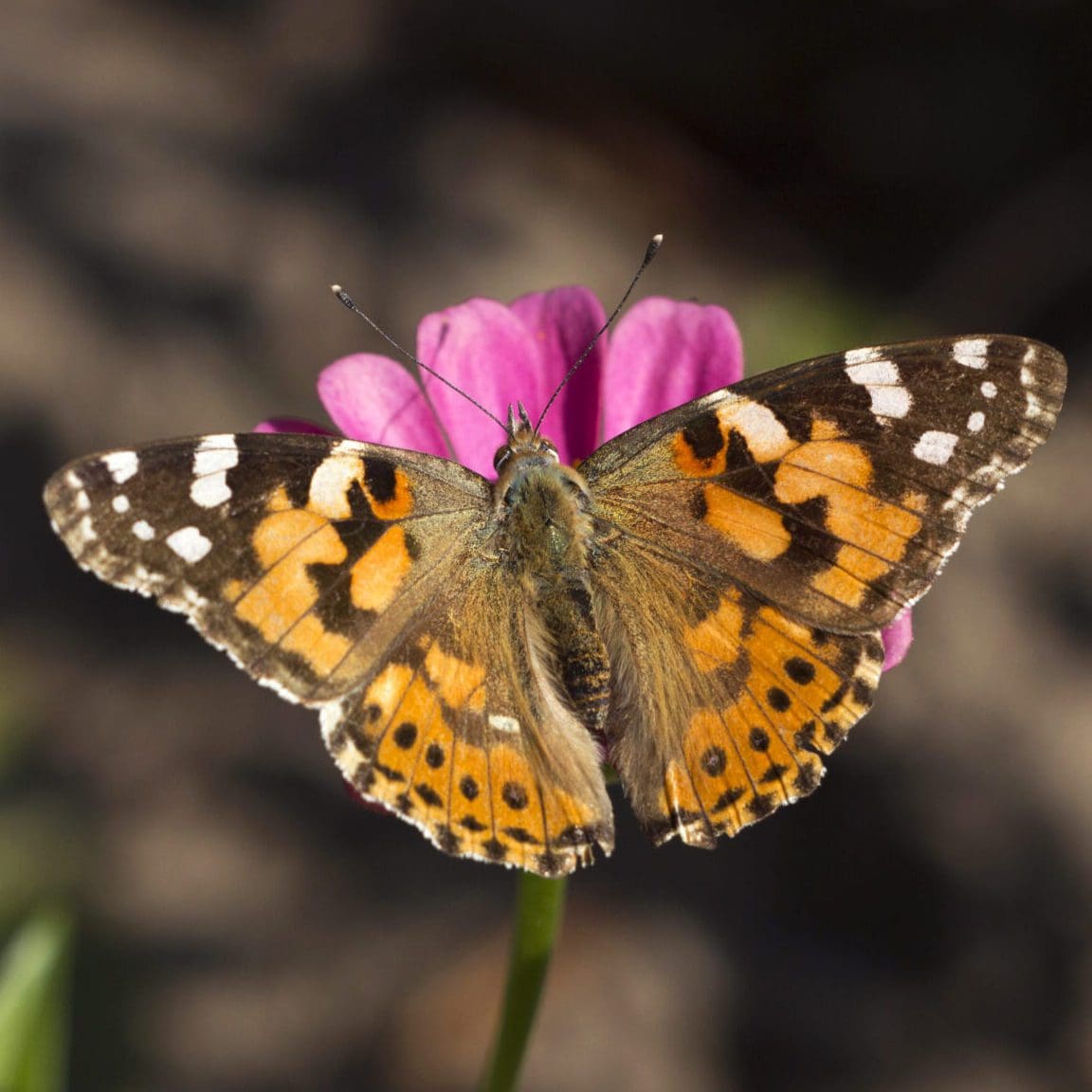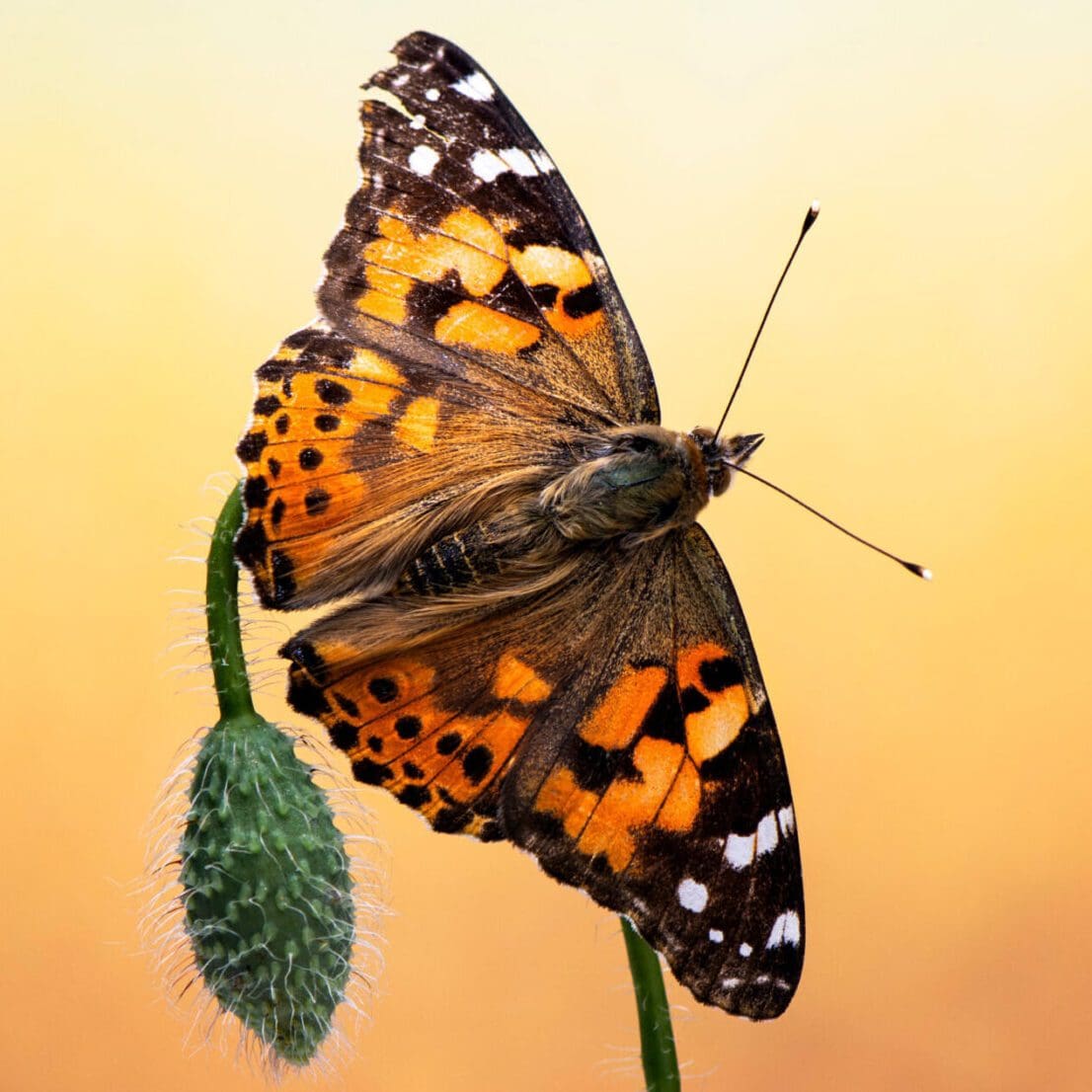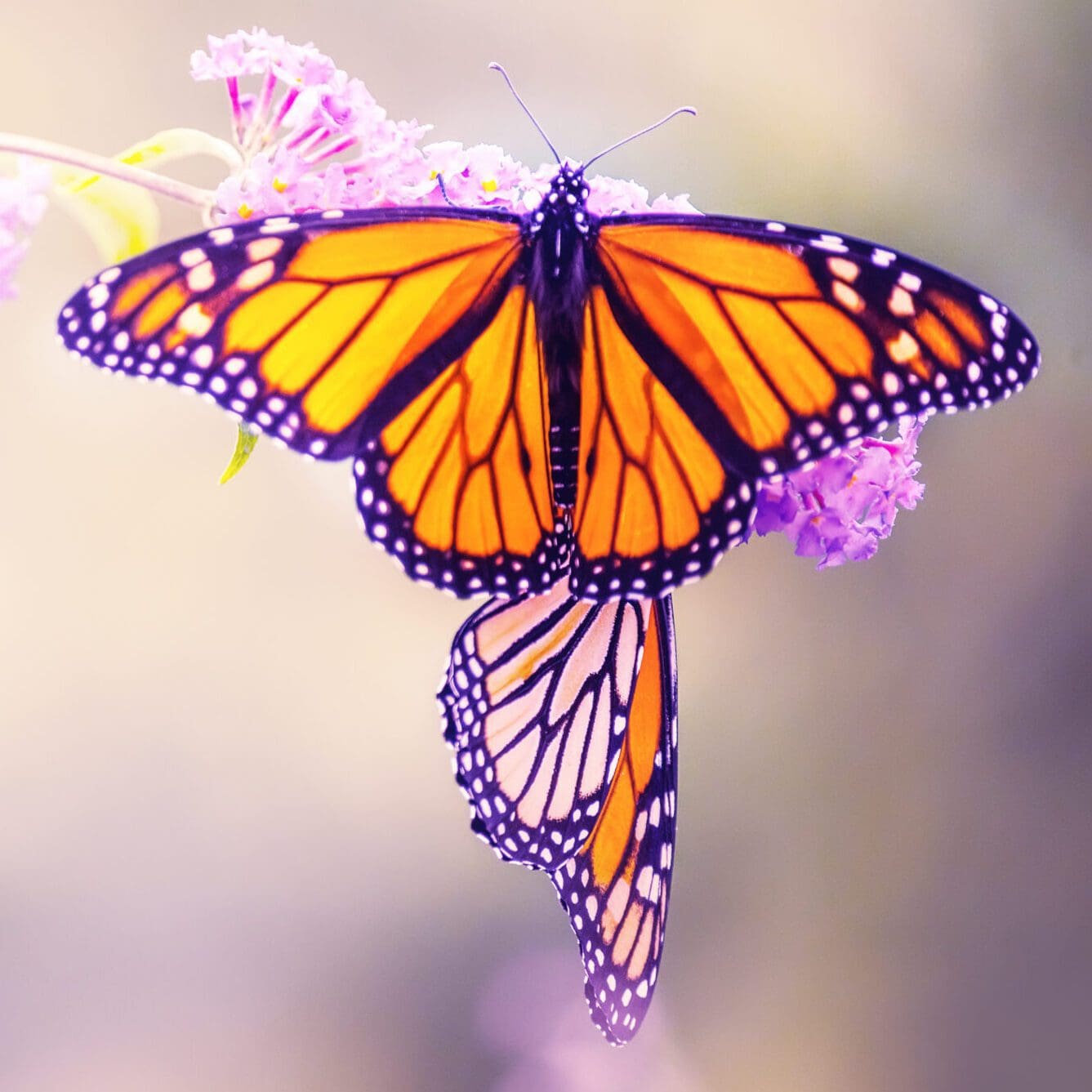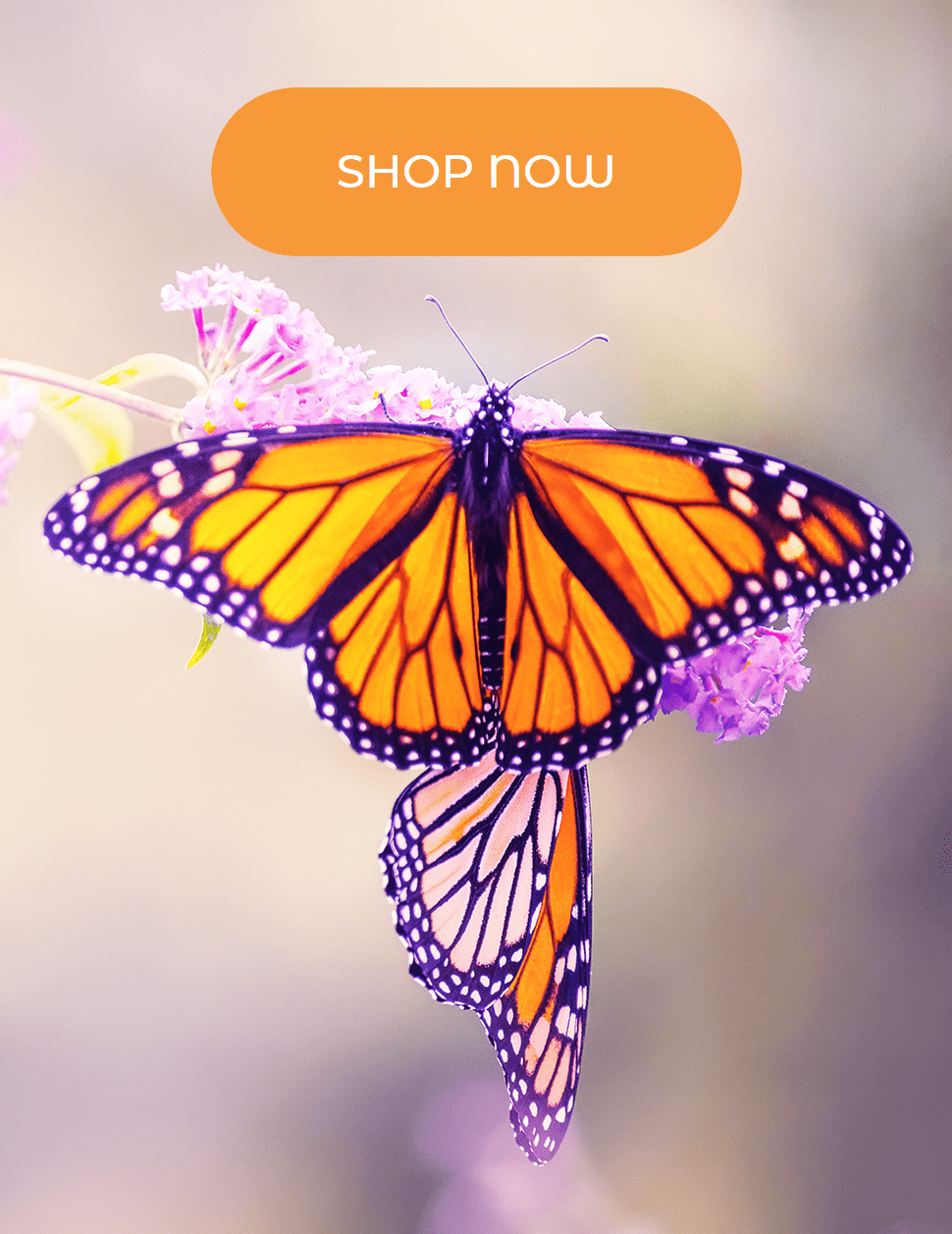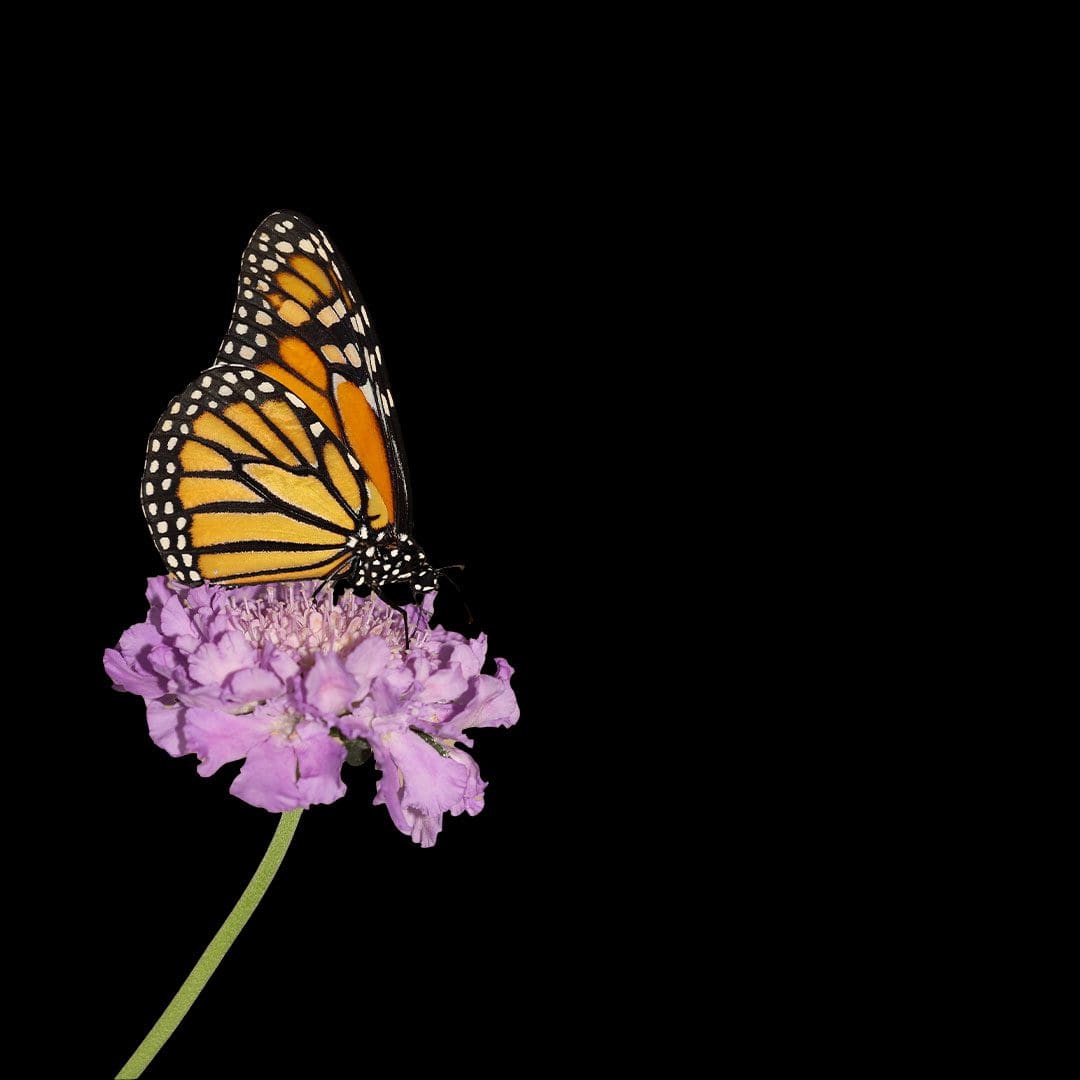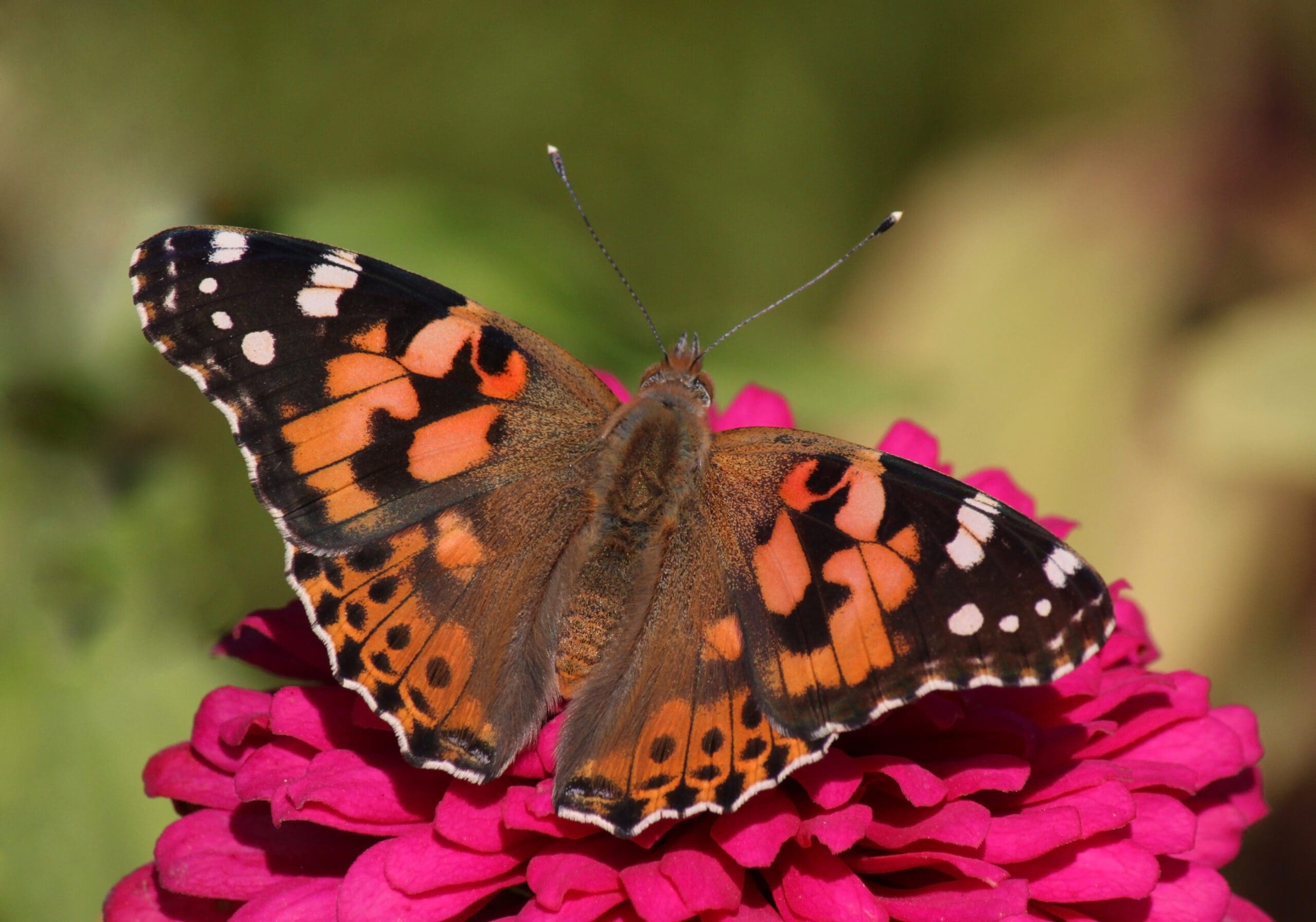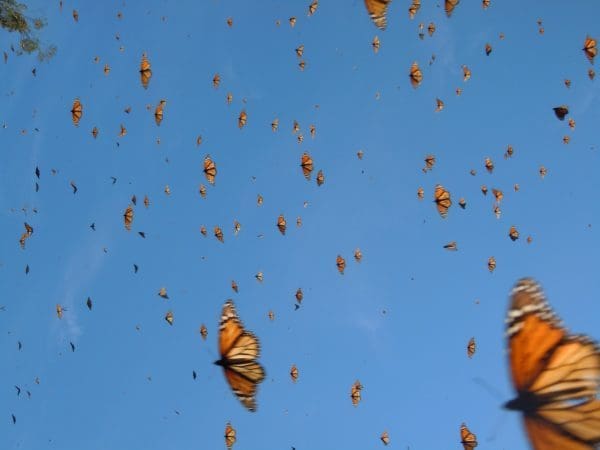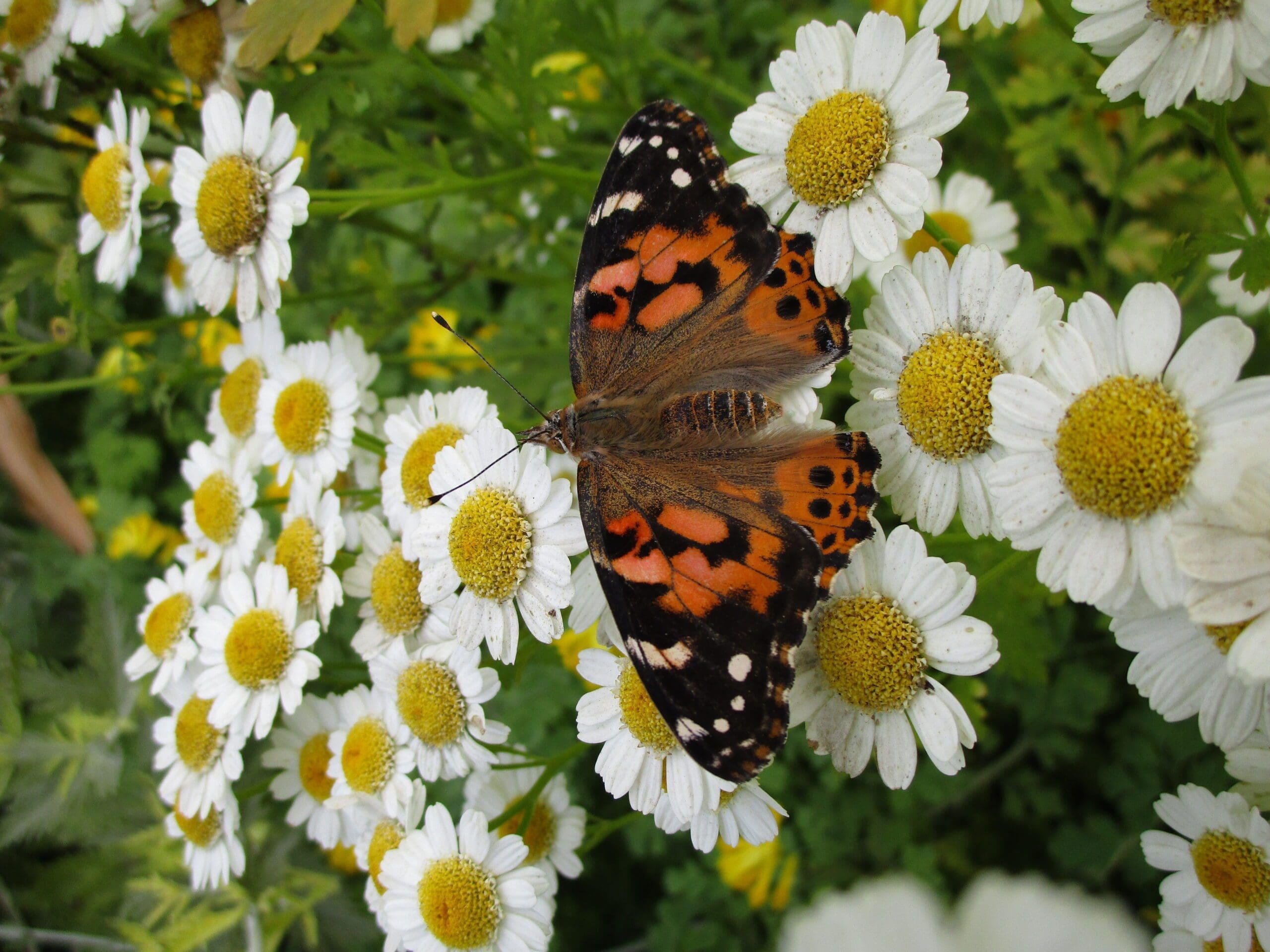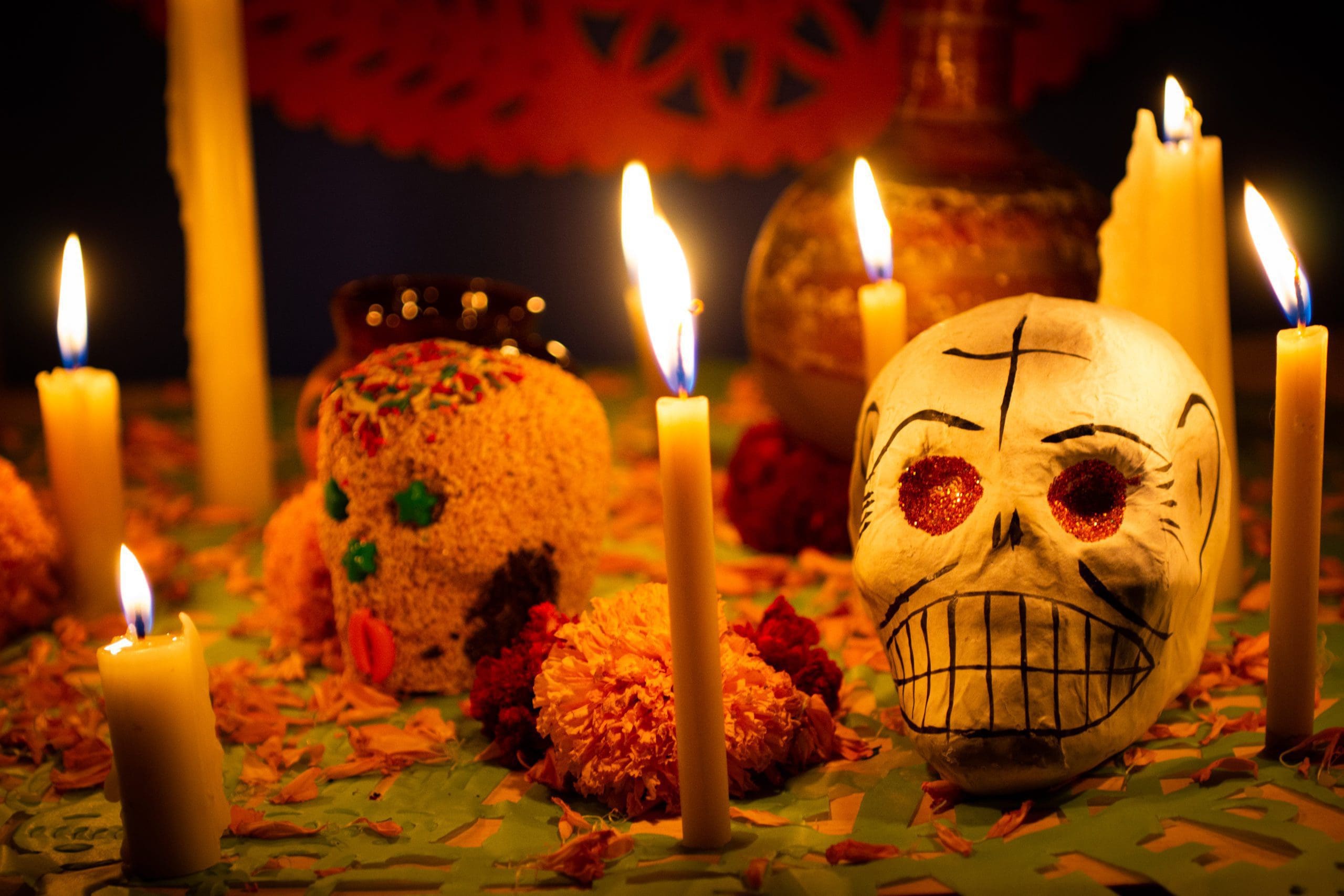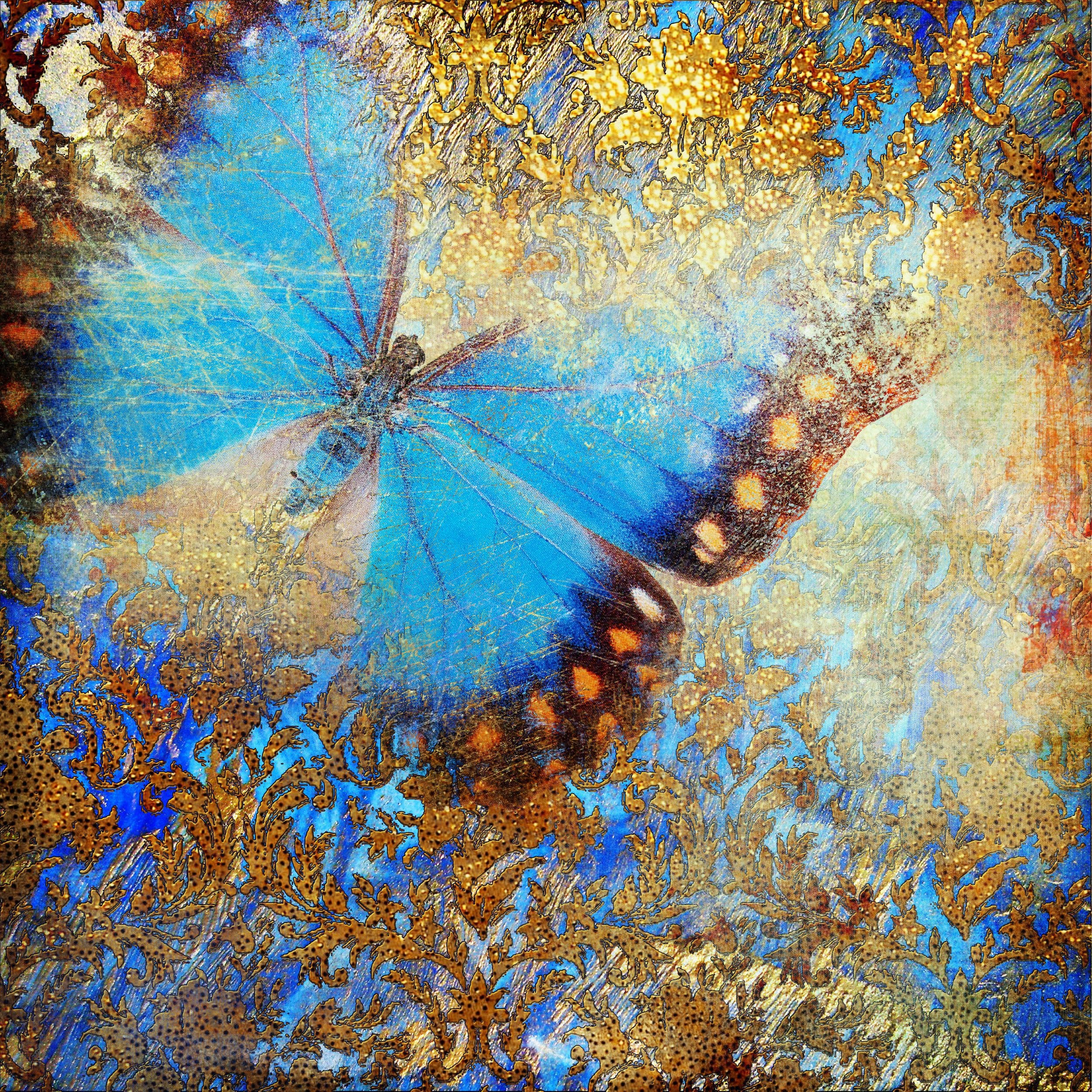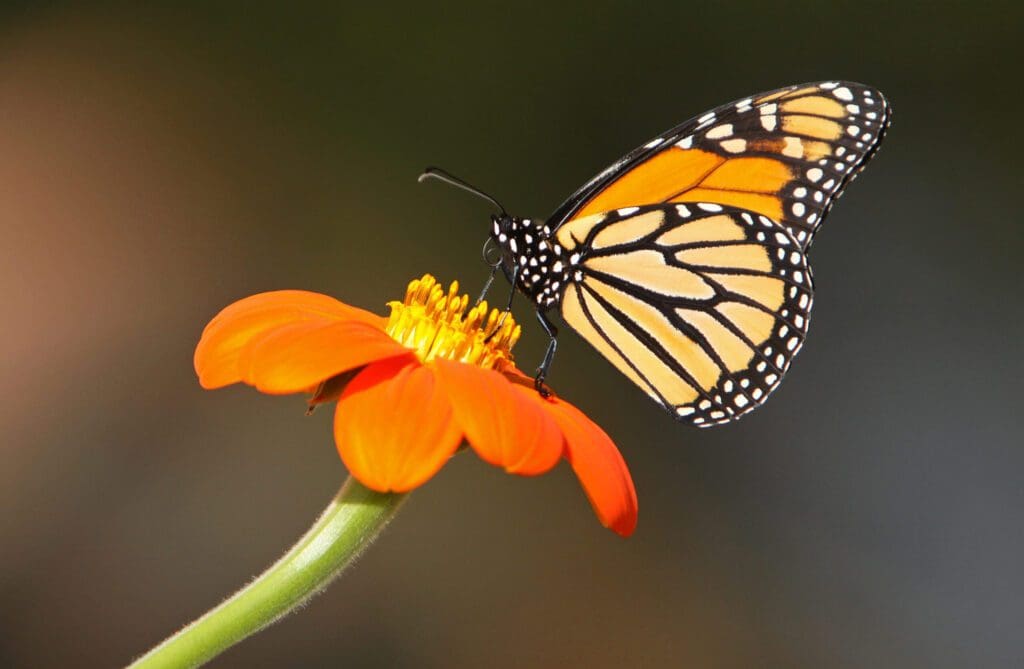In the intricate ballet of nature, butterflies play a pivotal role as graceful pollinators, contributing to the flourishing diversity of plant life. Beyond their ethereal beauty, these delicate insects engage in a crucial ecological partnership, fostering the reproduction of countless plant species. Join us on a journey into the fascinating world of butterfly pollination, where the intricate choreography between these winged wonders and blooming flora unfolds, creating a symphony of life in the process.
The Ballet Begins: Butterflies as Pollinators
The life cycle of a butterfly is a metamorphic journey that involves four distinct stages: egg, larva (caterpillar), pupa (chrysalis), and adult. But it is during their final winged stage that butterflies take center stage as pollinators. As they flit from flower to flower in search of nectar, they inadvertently become carriers of pollen, facilitating the essential process of fertilization for many plant species.
The Perfect Partners: Butterflies and Flowers
Butterflies exhibit a strong affinity for brightly colored, fragrant flowers, a mutual attraction that serves both partners well. The flowers provide a delectable source of nectar for the butterflies, while in return, these fluttering ambassadors unintentionally transfer pollen from one bloom to another. This seamless exchange forms the backbone of a symbiotic relationship that fuels the reproduction and genetic diversity of numerous plant species.
Navigating the Nectar Buffet: Butterfly Adaptations
Butterflies possess unique adaptations that make them effective pollinators. Their long proboscis, a slender, straw-like tube, allows them to reach deep into floral tubes to access nectar hidden within. As they sip on this sugary reward, the pollen sticks to their bodies, ensuring that the next flower they visit receives a dusting of pollen grains. The intricate coevolution between butterflies and flowers has led to the development of specialized relationships, with certain butterfly species exhibiting preferences for specific types of flowers.
From Garden to Ecosystem: Butterfly Pollination’s Far-Reaching Impact
Beyond the aesthetic pleasure of watching butterflies gracefully flit about, their role in pollination extends far and wide. Butterfly-pollinated plants include not only garden favorites but also crucial crops that sustain human and animal life. The diversity and abundance of flowering plants owe much of their success to the diligent work of these pollinators, making butterflies indispensable contributors to the health and balance of ecosystems worldwide.
Conservation and Preservation: Protecting Butterfly Habitats
Unfortunately, butterflies face numerous challenges, from habitat loss to climate change and pesticide use. Conservation efforts become paramount in preserving their habitats, ensuring the availability of suitable host plants and nectar sources. As stewards of the environment, it is our responsibility to safeguard these vital pollinators, recognizing their irreplaceable role in maintaining the delicate balance of our ecosystems.
The Fluttering Guardians of Biodiversity
In the grand tapestry of nature, butterfly pollination emerges as a mesmerizing dance that sustains life on Earth. From gardens to vast meadows, these fluttering ambassadors contribute to the vibrant hues and fragrances that define our surroundings. By understanding and appreciating their role in the delicate web of life, we can work towards preserving the habitats that support these graceful pollinators, ensuring that the enchanting dance between butterflies and flowers continues to inspire and thrive for generations to come.
